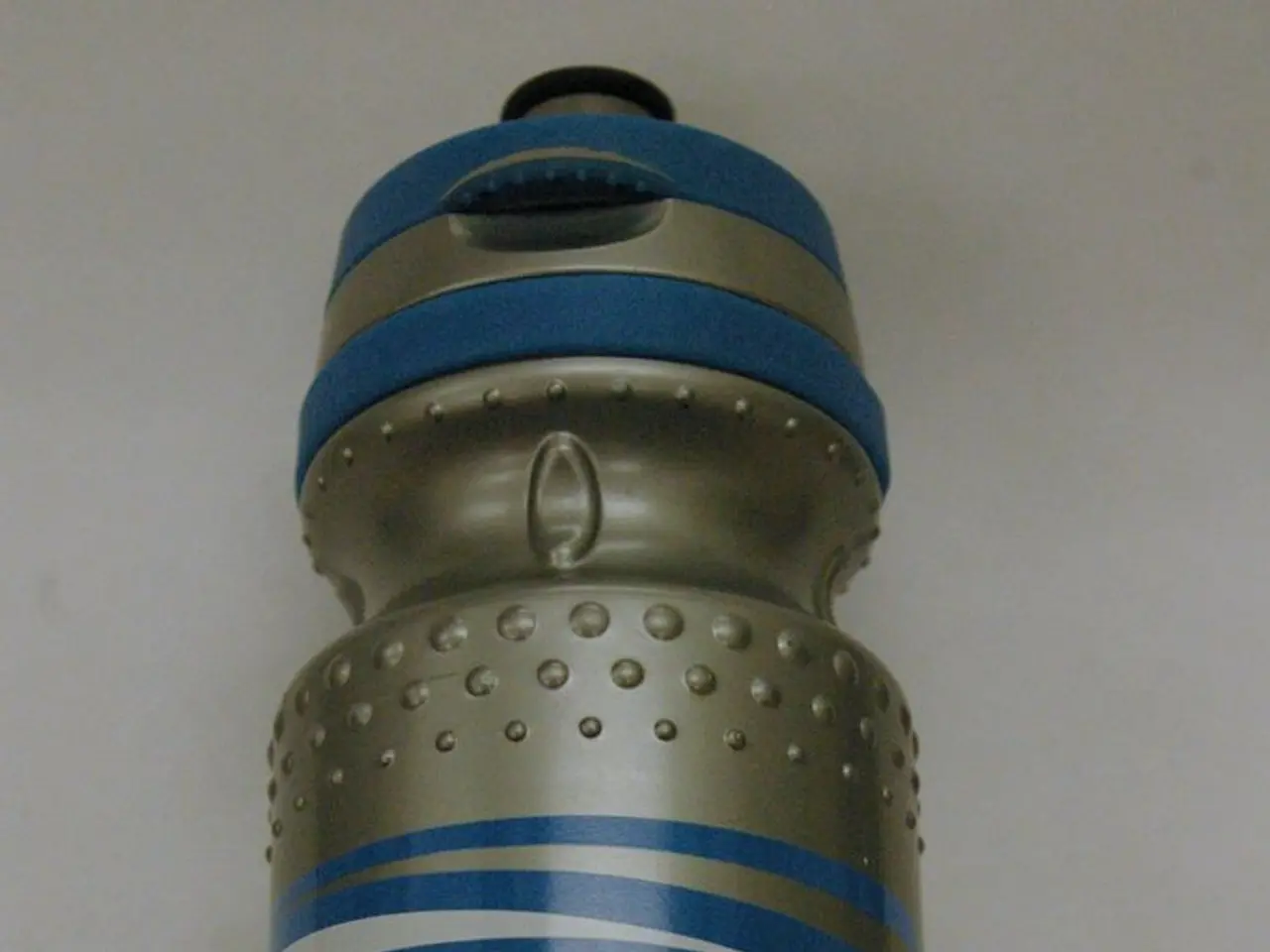Title: Understanding Yescarta: Its Usage, Mechanism, Cost, and Other Details
Yescarta (axicabtagene ciloleucel), a groundbreaking CAR T-cell therapy, is approved for treating certain types of lymphoma. However, it's essential to be aware of its potential serious side effects and precautions.
Known Side Effects
- Cytokine Release Syndrome (CRS)
- CRS is a potentially life-threatening inflammatory reaction caused by an overactive immune response. Symptoms include high fever (≥100.4°F/38°C), low blood pressure, trouble breathing, vomiting, chills, fast or irregular heartbeat, severe fatigue, nausea, and diarrhea.
- Neurologic Toxicities
- Brain-related effects such as confusion, seizures, difficulty speaking, altered mental status, or other neurologic problems can occur. These events can be severe or fatal.
- Secondary Blood Cancers
- Rarely, modified T cells can become cancerous themselves, leading to new kinds of blood cancers (T-cell malignancies).
- Cytopenias (Low Blood Cell Counts)
- Yescarta can cause reduced white and red blood cells, increasing infection risk and causing anemia or bleeding problems.
- Inflammatory Complications
- Aside from CRS, other rare but serious inflammatory complications can occur, such as immune effector cell-associated hemophagocytic lymphohistiocytosis-like syndrome (IEC-HS), characterized by high blood iron, organ failure, and clotting abnormalities.
Precautions and Monitoring
- Immediate emergency care is critical if symptoms like fever, breathing difficulty, confusion, dizziness, severe gastrointestinal symptoms, or irregular heartbeat occur after treatment.
- Patients should inform all healthcare providers about their Yescarta treatment and carry a Yescarta Patient Wallet Card for emergencies.
- Due to risks, patients require close monitoring during and after infusion, often in specialized centers equipped to manage CRS and neurologic effects.
- Because Yescarta may cause prolonged cytopenias, monitoring blood counts regularly is important to detect infections and other complications early.
- There is a potentially long wait (up to two months) to prepare the CAR-T cells, during which disease progression might occur.
In summary, Yescarta use carries serious risks of cytokine release syndrome, neurologic toxicities, and rare secondary cancers, alongside common CAR-T therapy side effects like low blood counts and infection risk. These safety concerns necessitate careful and ongoing medical supervision and rapid access to supportive treatments.
[1] Yescarta (axicabtagene ciloleucel) Prescribing Information. Kite Pharma, Inc. 2020. [2] Yescarta (axicabtagene ciloleucel) REMS Program Overview. Kite Pharma, Inc. 2020. [3] CAR T-Cell Therapy: What You Need to Know. American Cancer Society. 2020. [4] CAR T-Cell Therapy: Cytokine Release Syndrome. American Cancer Society. 2020. [5] CAR T-Cell Therapy: Neurologic Toxicities. American Cancer Society. 2020.
- The groundbreaking CAR T-cell therapy, Yescarta, approved for treating certain types of lymphoma, is often associated with serious side effects such as non-Hodgkin's lymphoma, cytotoxic reactions, and lowered immune system responses.
- Yescarta is known to cause cytokine release syndrome (CRS), a potentially life-threatening inflammatory reaction characterized by fever, low blood pressure, difficulty breathing, vomiting, and diarrhea – symptoms that require immediate medical attention.
- In addition to CRS, Yescarta also leads to neurologic toxicities, as brain-related effects like confusion, seizures, and difficulty speaking can occur, warranting close medical monitoring.
- Science has shown that Yescarta treatment may increase the risk of secondary blood cancers, as modified T cells can transform into cancerous T-cell malignancies.
- It's crucial for patients undergoing Yescarta treatment to be aware of the need for ongoing medical supervision and to inform healthcare providers about their medical condition, as the use of this therapy popularly found in the field of oncology, can potentially carry long-term risks centered around health and wellness.




